Financial markets continue to experience sharp swings as investors react to ongoing uncertainty surrounding US trade policies, Reuters reports.
While President Donald Trump’s recent decision to delay some of the most aggressive tariffs has provided temporary relief, concerns over the broader economic impact of trade disputes remain a key driver of market turbulence.
The S&P 500 experienced a sharp 3.5% decline on Thursday, following a historic 9.5% surge the previous day—its largest single-day gain since the 2008 financial crisis. This volatility reflects the market’s ongoing struggle to assess the economic fallout from tariffs and the potential for further disruptions to global trade.
Despite Wednesday’s rally, the index is now down more than 14% from its record high in February, highlighting the broader uncertainty investors face. The market’s dramatic movements suggest that while some traders see opportunities, others remain cautious about future developments.
The Cboe Volatility Index (VIX), often referred to as Wall Street’s “fear gauge,” surged to nearly 55 points on Thursday, more than three times its long-term median level. This elevated reading indicates heightened investor anxiety, with uncertainty at levels not seen since the early days of the COVID-19 crisis five years ago.
“The worst-case scenario on trade has been avoided, but it’s not all as fine and dandy as we’d like it to be,” said Michael Brown, a senior research strategist at Pepperstone.
The rapid market fluctuations have prompted investors to reevaluate their positions. Some took advantage of Wednesday’s gains to offload holdings, reflecting broader concerns about economic stability.
“The selloff shows you how many people are thinking, ‘We’re just not sure what’s going to happen next, so we’re going to take the money and run,'” said Sameer Samana, head of global equities and real assets at the Wells Fargo Investment Institute.
Despite the temporary easing of trade measures, some analysts believe the economic impact will continue to be felt. JPMorgan analysts noted that while the immediate drag from trade policy may be slightly reduced, the risk of a broader economic contraction later this year remains high.
As corporate earnings season begins, investors are closely watching how companies address supply chain challenges and potential shifts in investment strategies. Many executives are expected to provide limited guidance on future performance due to the unpredictable nature of trade negotiations.
“The baseline 10% tariff and other levies on key sectors like autos remain in place, and that’s not an ideal scenario,” said Adam Hetts, global head of multi-asset at Janus Henderson. “Recession risk is much, much higher now than it was a couple of weeks ago.”
Marta Norton, chief investment strategist at Empower, highlighted that companies’ responses to the evolving trade environment could influence market sentiment.
“There’s room for downside surprise,” she warned.
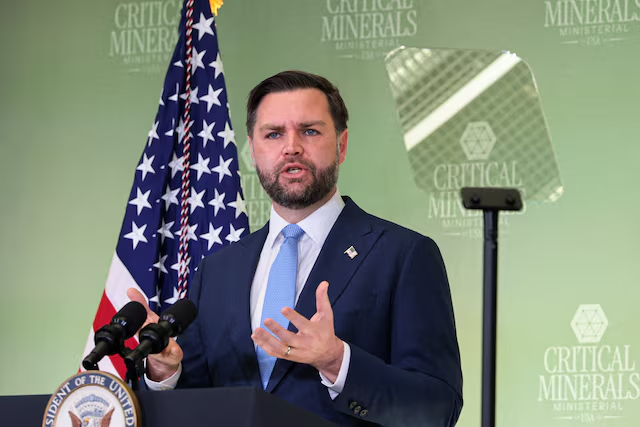

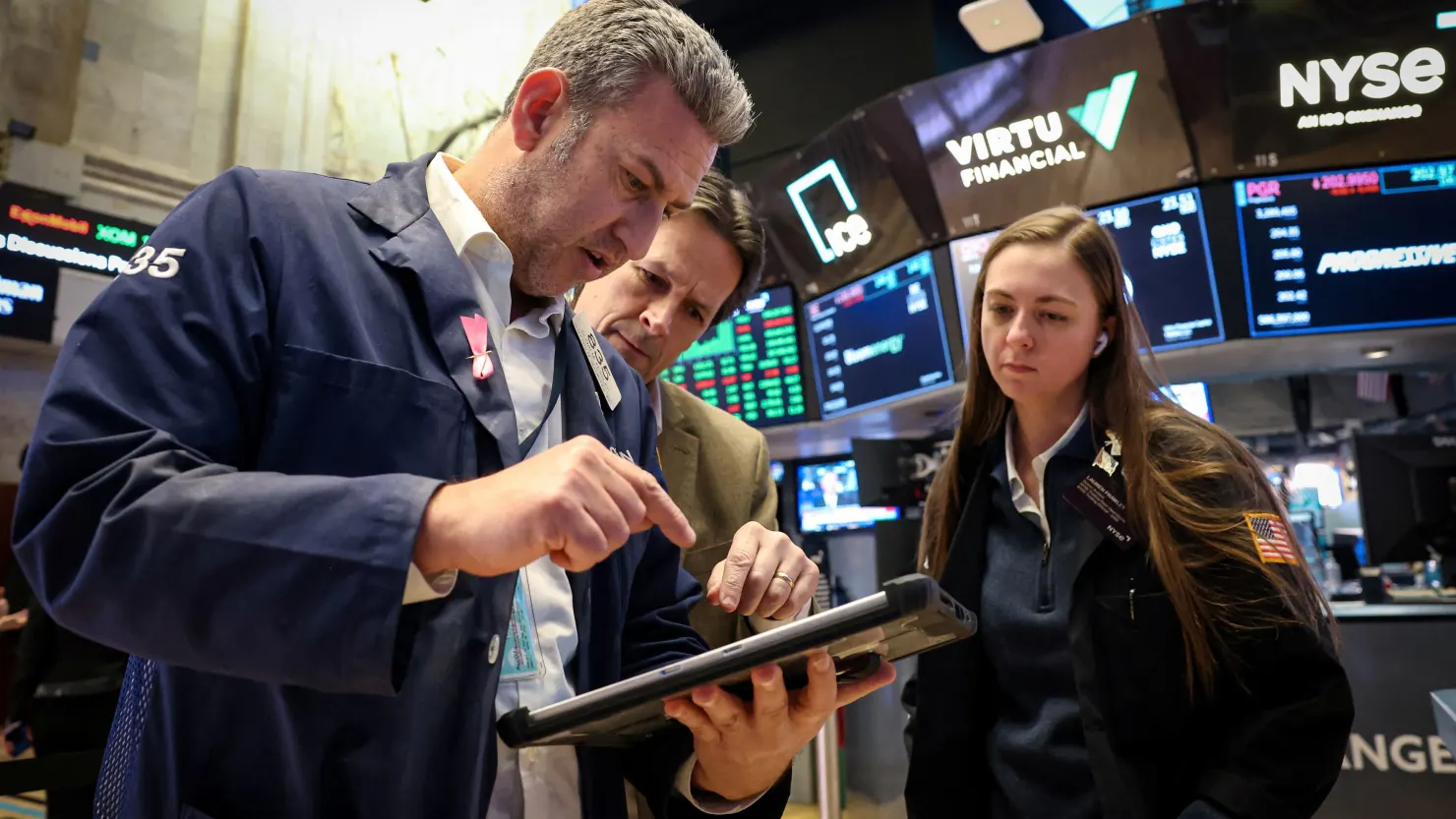
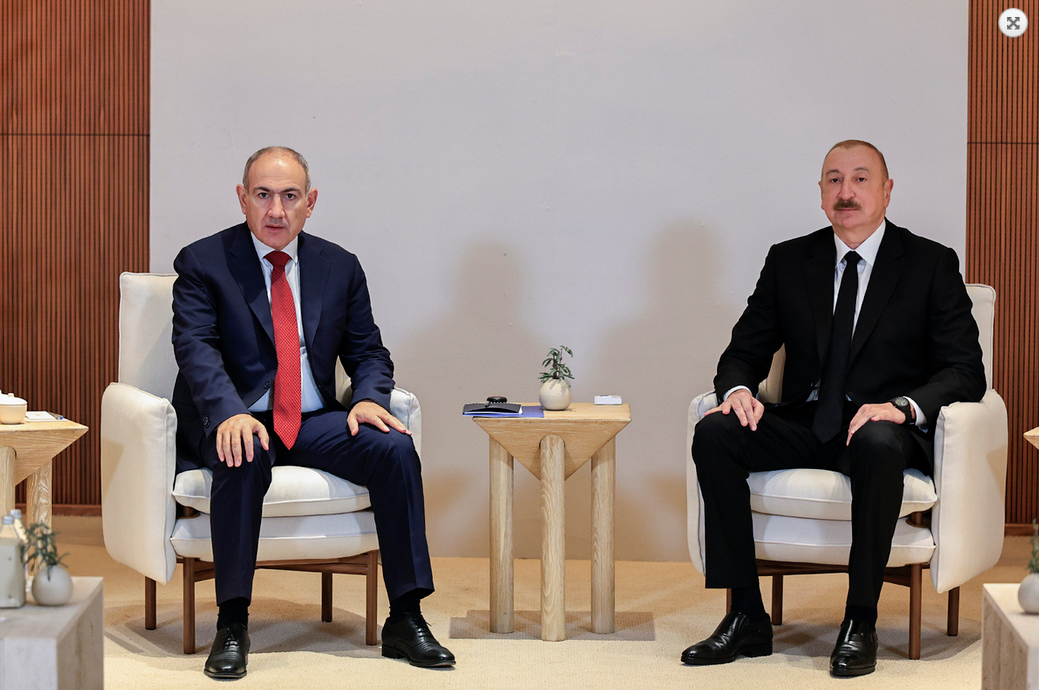
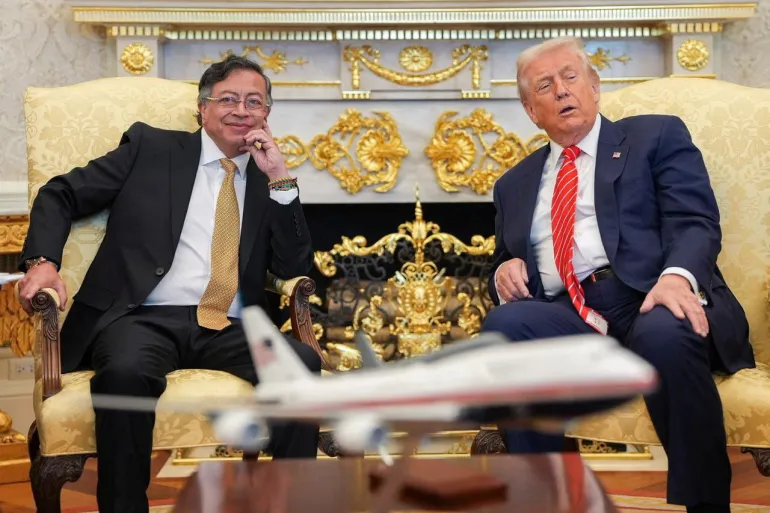
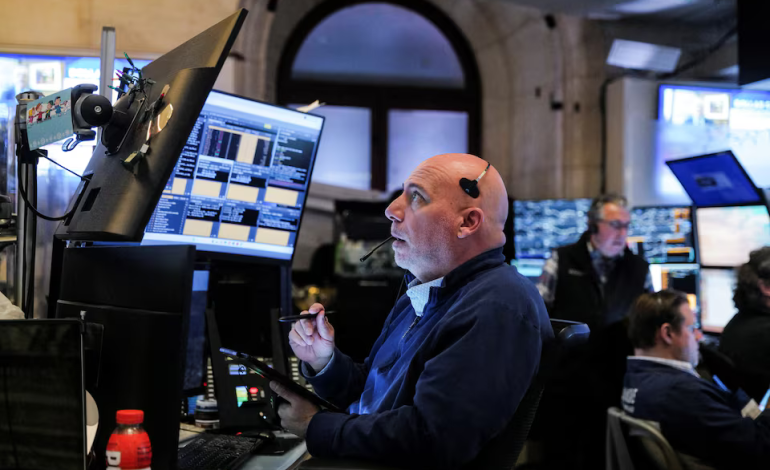




The latest news in your social feeds
Subscribe to our social media platforms to stay tuned